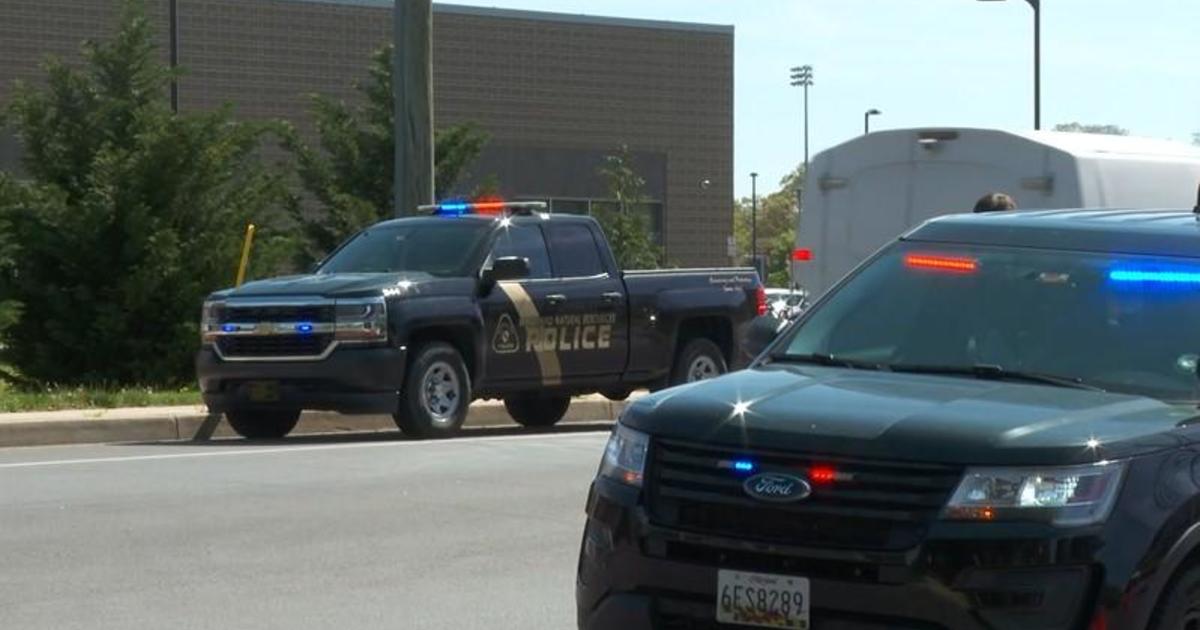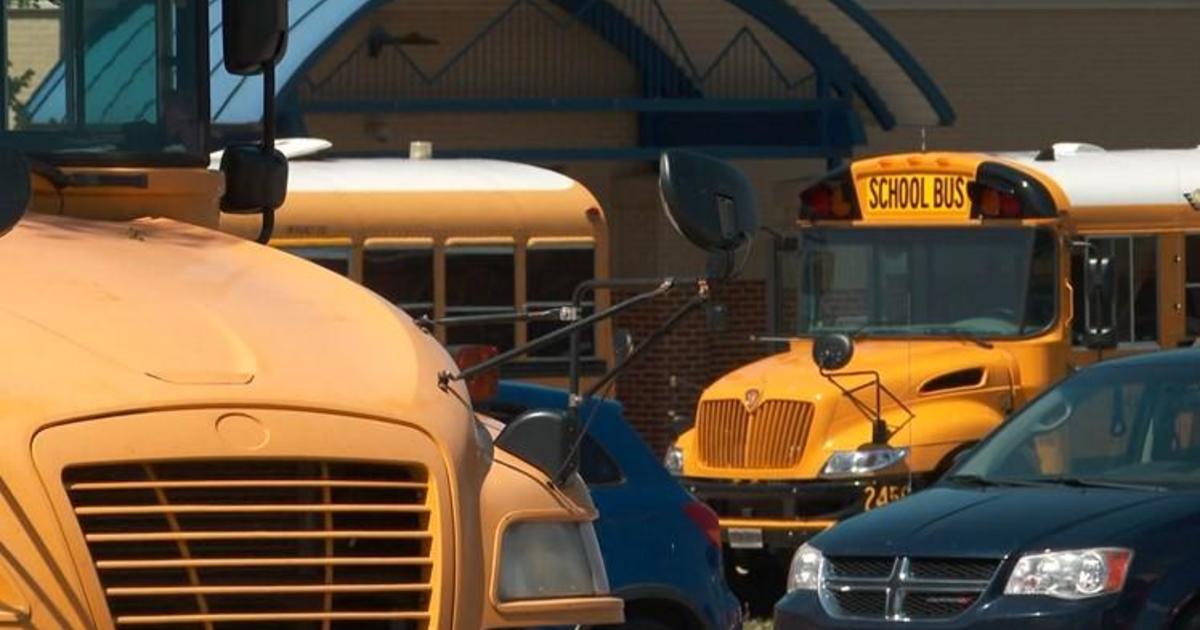Court Rules Police Can Use Volunteered DNA In Other Cases
ANNAPOLIS, Md. (AP) -- Maryland police can retain and use a person's legally obtained DNA to investigate unrelated criminal cases, the state's highest court ruled Tuesday.
The ruling by the Court of Appeals concluded the state does not need a warrant to conduct further testing on a DNA sample obtained voluntarily.
The case involved George Varriale, who voluntarily provided a DNA sample to Anne Arundel County police in 2012 during an investigation into a rape allegation in a wooded area behind a Glen Burnie liquor store. While the sample supported the conclusion he did not commit the alleged rape, it connected him to an unrelated 2008 burglary after the sample was uploaded to a DNA database.
Varriale, a homeless person who was living in a makeshift campground near the scene of the alleged rape, was indicted on burglary and related charges. He sought to suppress the DNA evidence as an unlawful search under the Fourth Amendment, but a judge denied the motion in 2013.
Varriale entered a conditional guilty plea to second-degree burglary. He was sentenced to four years in prison, suspended to all but time served. He was put on two years' probation. Varriale appealed to the Court of Special Appeals, which affirmed the lower court's ruling.
The Court of Appeals agreed with the intermediate appellate court's finding.
"In this case, we shall hold that, where Varriale's consent to search was not expressly limited by him, by the state, or by law, the Fourth Amendment does not preclude the state from storing and using his voluntarily provided DNA sample and resultant DNA profile for additional, unrelated criminal investigations," Court of Appeals Judge Clayton Greene wrote.
The ruling noted that courts in other states have reached the same conclusion: that the state did not need a warrant or additional express consent to order further testing of a DNA sample or upload it to the database for comparison with other DNA profiles.
Judge Glenn Harrell, who is now retired but participated in the case, wrote a dissenting opinion. Harrell, who was joined in dissent by Judge Sally Adkins, wrote that he could not endorse the finding that a homeless person living in the woods would be able to appreciate a need to renegotiate the terms of a pre-printed consent form he signed to specify that his DNA may not be used to investigate crimes other than the one being investigated.
"This is beyond the ken of a typical lay person, even one who is not a homeless person living in the woods," Harrell wrote. "Unless and until the public defender or private criminal defense attorneys open offices in the woods, the majority's standard, as applied in this case, represents an unreasonable expectation of what a typical reasonable person in Varriale's shoes would know to do."
(Copyright 2015 by The Associated Press. All Rights Reserved.)



